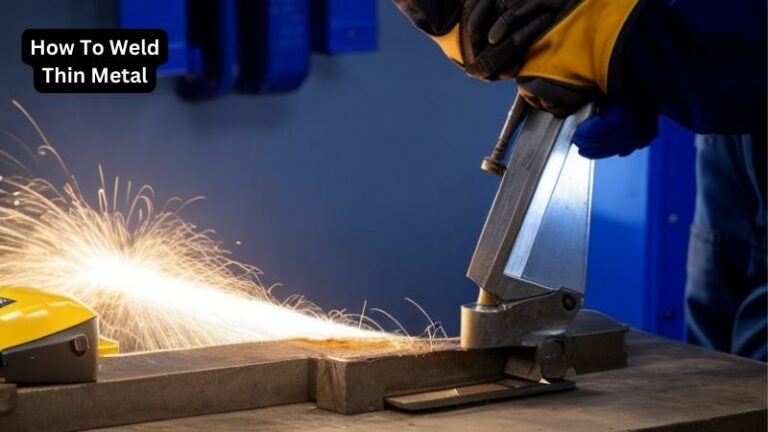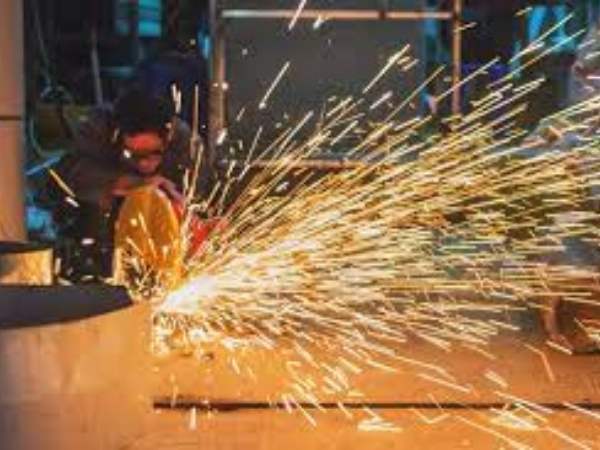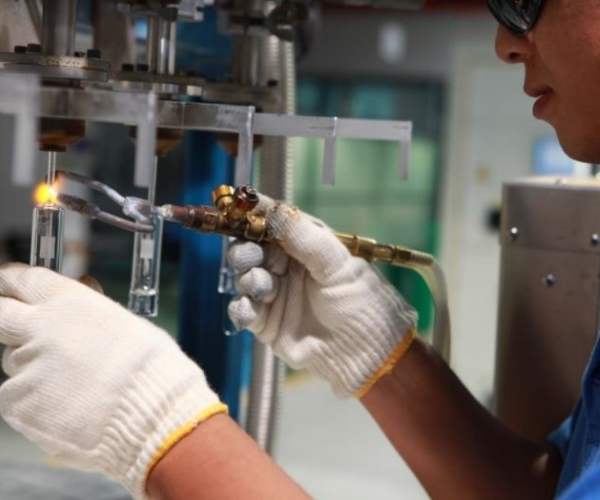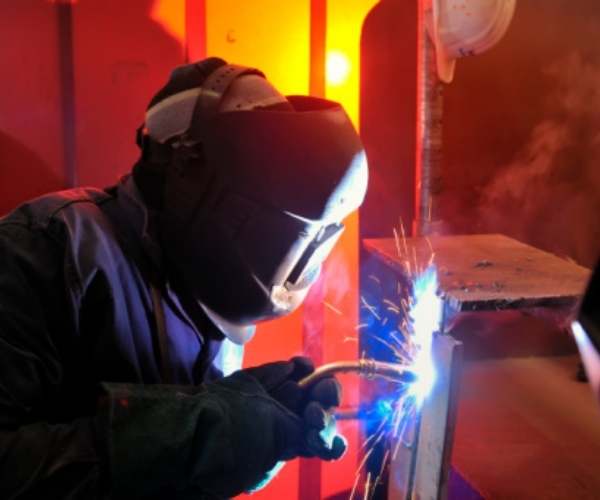Find Quality Home Welders For Sale – Your Ultimate Guide
Looking for home welders for sale? Look no further! If you’ve been searching for the perfect welding equipment to tackle your DIY projects or small-scale repairs, we’ve got you covered. In this article, we’ll explore the world of home welders and help you find the ideal option that suits your needs and budget. Whether you’re a novice or an experienced welder, our guide will provide valuable insights and recommendations to help you make an informed decision. So, let’s dive right in and explore the exciting world of home welders for sale.
Home Welders for Sale: A Comprehensive Guide to Finding the Perfect Welding Machine
Home welding has become increasingly popular among DIY enthusiasts, hobbyists, and homeowners looking to tackle their own fabrication projects. If you’re considering getting into welding, having a reliable home welder is essential. With a wide range of options available on the market, finding the right one can often be a daunting task. In this article, we will guide you through everything you need to know about home welders for sale, helping you make an informed decision and find the perfect welding machine to suit your needs.
1. Understanding Your Welding Needs
Before you start searching for home welders, it’s important to assess your specific welding needs. Here are some factors to consider:
1.1 Type of Welding
There are different types of welding techniques, such as MIG, TIG, stick, and flux-cored welding. Each technique has its own advantages and is suited for different applications. Determine which type of welding you plan to do, as this will influence the type of welder you should choose.
1.2 Power Requirements
Consider the power source available in your home workshop. Some welders require a 220v power outlet, while others can operate on standard 110v household power. Ensure that the machine you choose matches your power capabilities.
1.3 Project Size and Material Thickness
Think about the size and complexity of the projects you intend to tackle. If you plan on working with thicker metals, you’ll need a welder with higher amperage capabilities. For smaller projects or repairs, a lower amperage welder may suffice.
2. Types of Home Welders
Now that you have a better understanding of your welding needs, let’s explore the different types of home welders available:
2.1 MIG Welders
MIG (Metal Inert Gas) welders are popular among beginners and DIY enthusiasts. They are versatile, easy to use, and suitable for a variety of materials, including steel, aluminum, and stainless steel. MIG welders use a wire electrode and shielding gas to create strong, efficient welds.
2.2 TIG Welders
TIG (Tungsten Inert Gas) welders are known for their precision and ability to produce high-quality welds. They are commonly used for thin materials, such as stainless steel and aluminum. TIG welding requires more skill and practice but offers superior control over the welding process.
2.3 Stick Welders
Stick welders, also known as arc welders, are robust and can handle heavy-duty welding tasks. They are versatile and suitable for welding a wide range of materials and thicknesses. Stick welders are often used in construction, maintenance, and repair applications.
3. Key Features to Consider
When evaluating different home welders for sale, there are several key features you should pay attention to:
3.1 Amperage Range
The amperage range determines the welding machine’s power output. Consider the range of amperages offered and ensure it aligns with your welding needs. A broader amperage range provides more versatility for tackling various projects.
3.2 Duty Cycle
The duty cycle refers to the amount of welding time a machine can handle within a 10-minute period. It is typically represented as a percentage. Look for welders with higher duty cycles, as they allow for longer periods of continuous welding without overheating.
3.3 Portability
If you plan on moving your welder frequently or working on projects outside of your workshop, portability is a crucial factor. Consider the weight, size, and availability of handles or wheels for easy transportation.
3.4 Ease of Use
For beginners, it’s essential to choose a welder that is user-friendly and comes with clear instructions. Look for features such as an intuitive control panel, a well-designed wire feed system, and easy-to-understand setup processes.
4. Budget Considerations
Setting a budget for your home welder is important to ensure you’re getting the best value for your investment. Welders vary in price based on their features, capabilities, and brand reputation. Consider your welding needs, available budget, and long-term goals to find the right balance between quality and affordability.
5. Researching and Comparing Brands
With numerous brands offering home welders for sale, it’s crucial to research and compare their offerings. Look for reputable brands known for their reliability and customer support. Read reviews, seek recommendations from experienced welders, and compare warranties and available accessories.
6. Safety Considerations
Welding involves working with high temperatures, sparks, and potentially hazardous fumes. Prioritize safety by investing in appropriate safety gear, including welding helmets, gloves, and protective clothing. Additionally, ensure proper ventilation and consider a welding machine with built-in safety features, such as thermal overload protection.
7. Finding the Right Supplier
Once you’ve narrowed down your options, it’s time to find a reputable supplier. Look for suppliers with a wide range of welding machines, knowledgeable staff, and good customer service. Consider factors such as warranty coverage, return policies, and availability of spare parts.
8. Maintenance and Care
To get the most out of your home welder, proper maintenance and care are essential. Regularly clean the machine, inspect cables and connections for wear, and follow manufacturer guidelines for periodic maintenance. Proper care will ensure the longevity and optimal performance of your welding machine.
9. Expanding Your Welding Skills
Once you have your home welder, it’s time to unleash your creativity and continually improve your welding skills. Consider joining welding communities, attending workshops, or watching online tutorials to enhance your knowledge and learn new techniques.
10. Conclusion
Finding the perfect home welder for sale can be a rewarding journey once you understand your welding needs, explore the different types of welders available, and consider the key features that matter most to you. By conducting thorough research, comparing brands, and prioritizing safety, you’ll be well-equipped to tackle your welding projects with confidence. Start your welding journey today and unlock a world of possibilities with your very own home welder.
Frequently Asked Questions
What are the different types of home welders available for sale?
There are various types of home welders available for sale, including MIG (Metal Inert Gas), TIG (Tungsten Inert Gas), Stick, and Flux-Cored welders. MIG welders are popular for their ease of use and versatility, while TIG welders provide precise and clean welds. Stick welders are known for their durability and suitability for outdoor projects, while Flux-Cored welders are ideal for welding thick materials and working in windy conditions.
What factors should I consider when purchasing a home welder?
When buying a home welder, it’s important to consider factors such as the type of welding you will be doing, the power source (electric or gas), the amperage output, and the duty cycle. Additionally, you should evaluate the machine’s portability, ease of use, and the availability of accessories and consumables. It’s also essential to take into account your skill level and budget to ensure you choose a welder that meets your needs.
Can I weld aluminum with a home welder?
Yes, you can weld aluminum with certain home welders. However, not all types of home welders are suitable for aluminum welding. TIG welders are generally the best choice for welding aluminum due to their ability to produce precise and high-quality welds. MIG welders can also weld aluminum, but they require a special aluminum wire and a specific type of shielding gas. It’s important to check the specifications of the welder you intend to purchase to ensure it can handle aluminum welding.
Do I need any special safety equipment when using a home welder?
Yes, it is essential to use proper safety equipment when operating a home welder. Some of the necessary safety gear includes a welding helmet with a proper shade level, welding gloves, flame-resistant clothing, and safety glasses. Additionally, a welding apron or jacket, ear protection, and a fire extinguisher are recommended. It’s crucial to follow all safety guidelines provided by the manufacturer and take necessary precautions to protect yourself from sparks, fumes, and UV radiation.
What is the average price range for home welders?
The price range for home welders can vary depending on the type, brand, and features. Generally, entry-level home welders can be found in the range of $200 to $500, while more advanced and professional-grade welders can cost upwards of $1000. It’s important to find a balance between your budget and the features you require, ensuring that you invest in a reliable and suitable home welder. Additionally, consider the cost of additional accessories and consumables that may be required for your welding projects.
Final Thoughts
In conclusion, home welders for sale offer an accessible and affordable option for DIY enthusiasts and small-scale welding projects. These versatile machines provide the convenience of welding at home, eliminating the need to rely on professional welders or expensive welding services. With a wide range of models available, individuals can choose the perfect home welder to suit their specific needs and budget. Investing in a home welder not only empowers individuals to take on various welding tasks but also saves time and money in the long run. So, don’t hesitate to explore the diverse options of home welders for sale and start welding right from the comfort of your own home.



